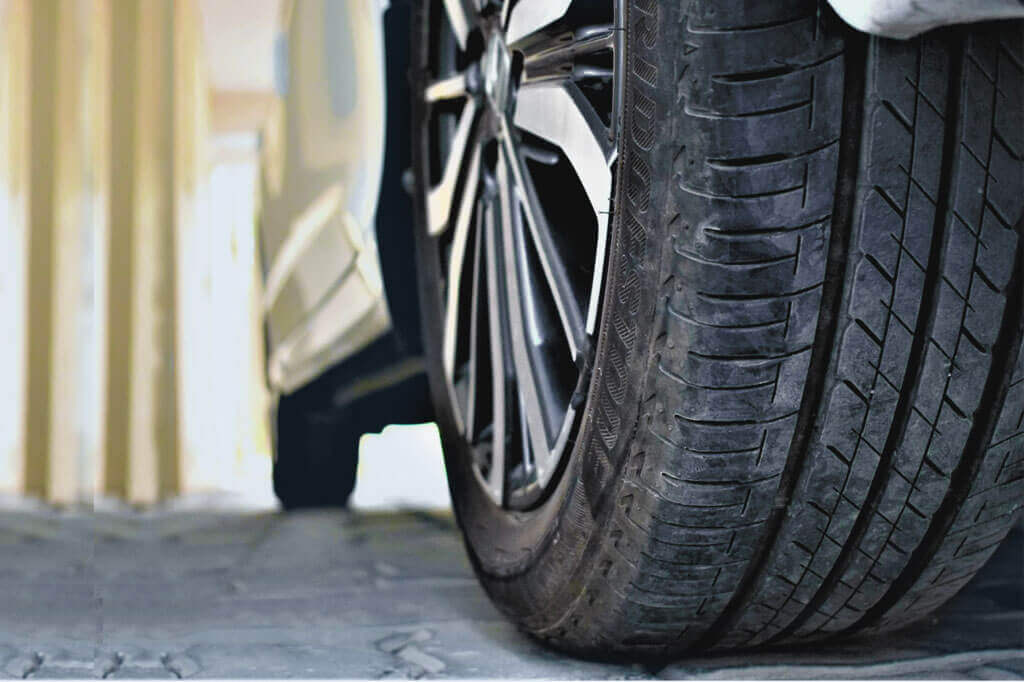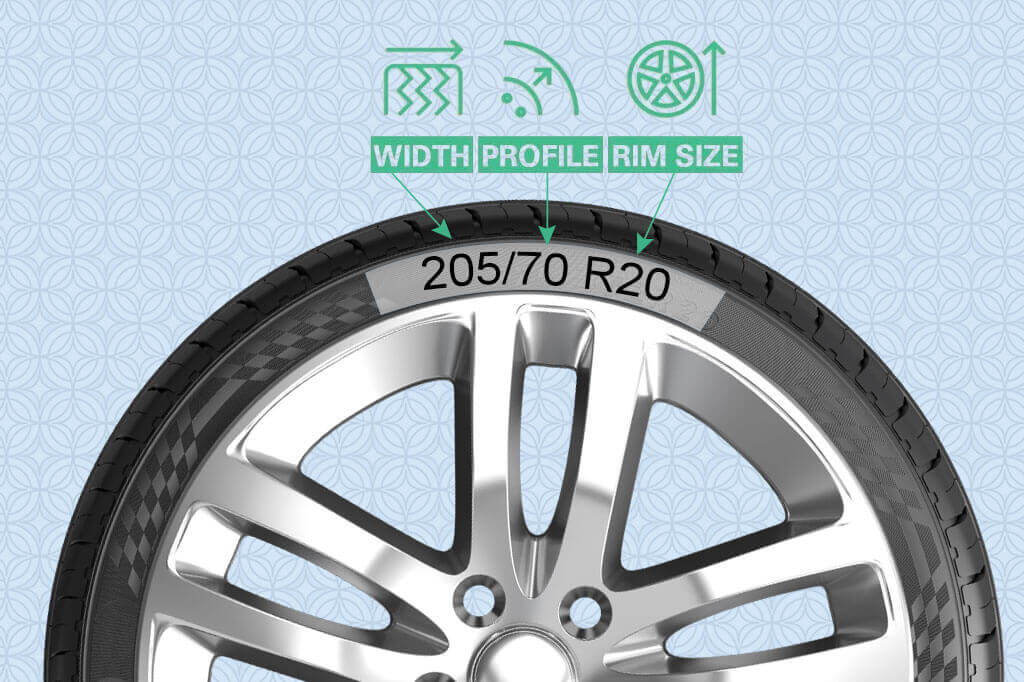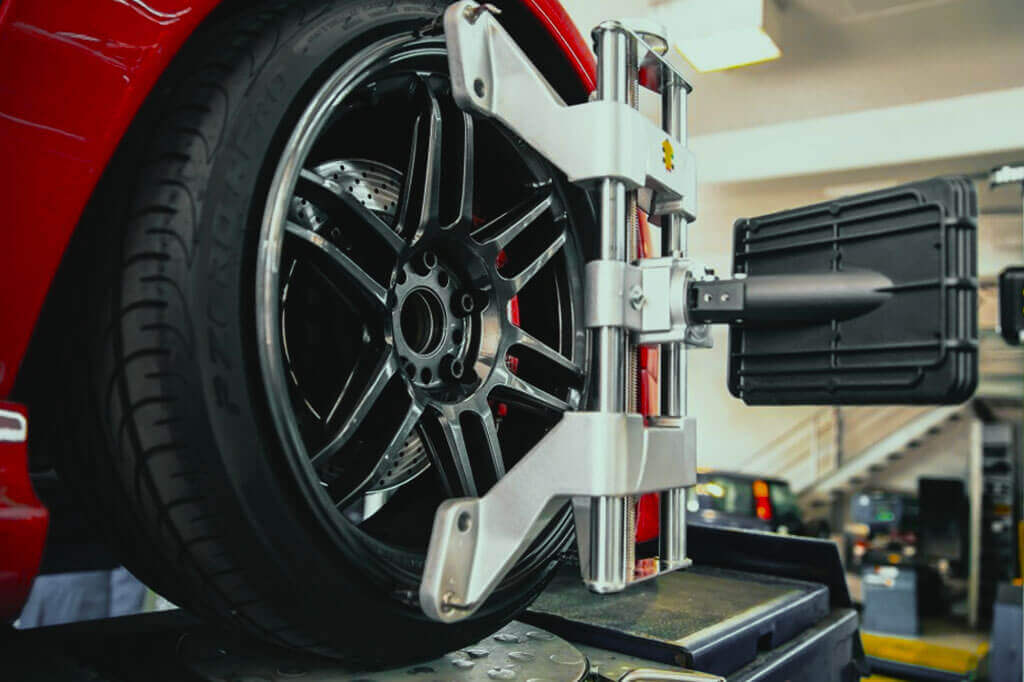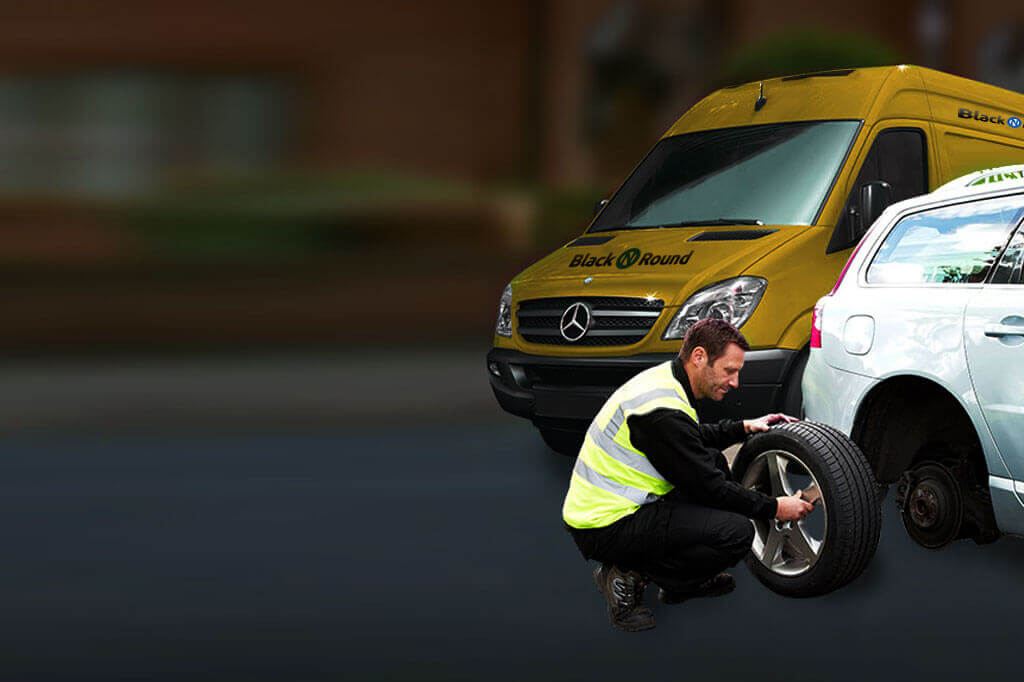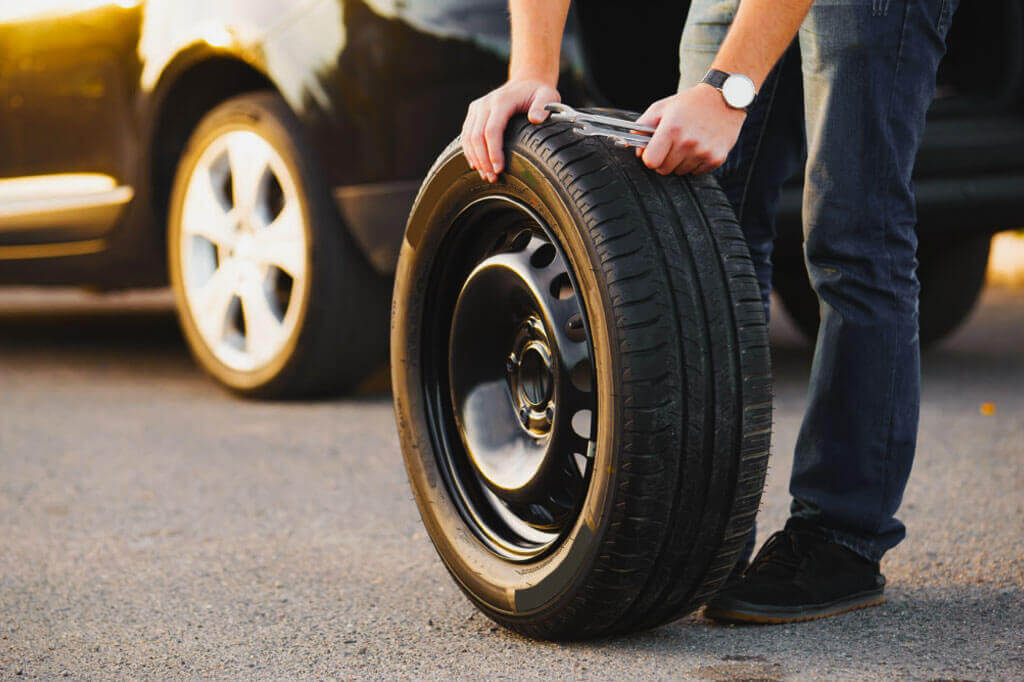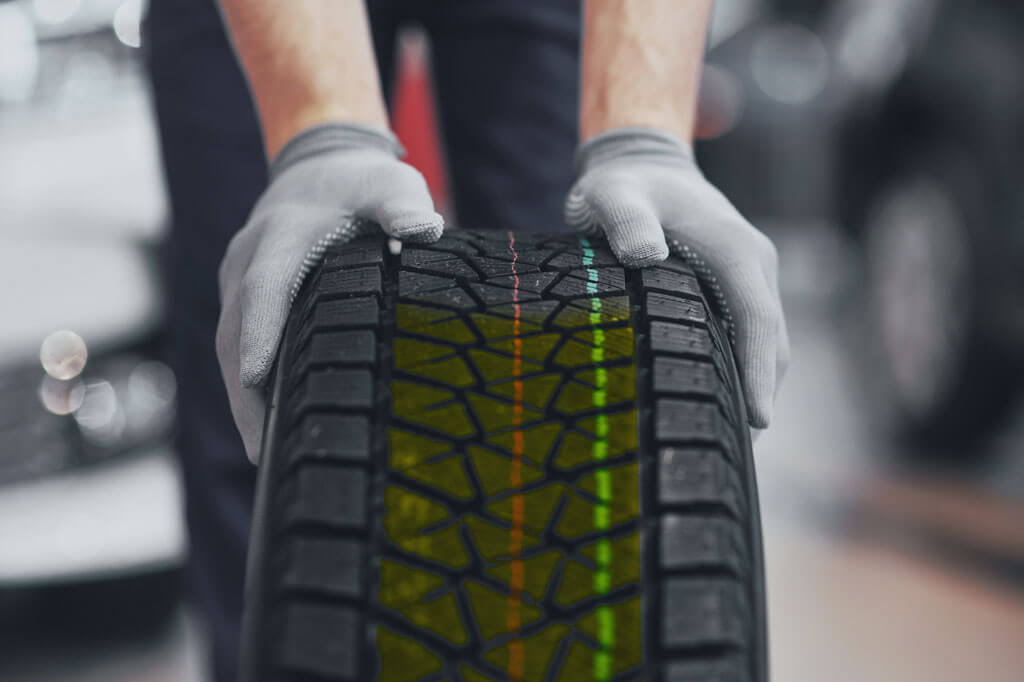Car owners can struggle to determine when they need a new set of tyres for their vehicles. There is no fixed life span of the tyres installed on your vehicle. The longevity of car tyres depends on various factors such as road conditions, driving style and weather. Usually, it is advised to get the old tyres replaced after driving for 40,000 miles, even if you have maintained them well. There are certain steps car owners can take to improve the lifespan of tyres, but damage due to outside elements such as punctures or uneven roads can affect its structural integrity.
Therefore, it is important to get your tyres checked once a month to ensure accurate inflation, even tread and no cracks or bulges. Let’s have a closer look at different factors that impact tyres and reduce their performance and safety.
Different factors that determine how long will the tyres last:
Driving Style
This factor is well within the control of a car owner and plays a major role in tyre longevity. Delayed or sudden braking, rash driving at high speeds, quick acceleration, performing a burnout and many more reasons are there that most car owners neglect when driving. If you drive aggressively, then you will need a tyre replacement much sooner.
Terrain
Tyres are used for making on-road contact, and the conditions of the road on which your drive will affect the condition of your tyres. Driving at a constant speed on highways and cities or going on an off-roading adventure, ensure the tyres you selected are prepared to tackle the terrain. A side curbs impact or driving fast over a pothole can result in reduced tyre life and even cause a sudden burst.
Moreover, if you drive regularly on rough surfaces, then continuous fiction will weaken sidewall more quickly and also cause the tread to wear down.
Also, if you drive in cities, then you will need to apply brakes and accelerate constantly. Driving at a constant speed and applying as few brakes as possible will help your tyres last longer. Driving at high speeds on freeways will also result in rapid tyre tread wear and require you to replace tyres sooner.
Air Pressure
Air pressure plays a major role in determining the life span of your tyres. An accurate amount of air pressure is important for a safe drive as well as slow tread wear. A tyre becomes become rigid if it gets overinflated, and then it will suffer more major damage when driving through rough surfaces containing potholes, bumps or curbs. On the other hand, an underinflated tyre will make more constant with the road and lead to faster wear of the rubber.
The outer edges and shoulders of the tyre will be the most affected parts of the tyre and will reduce cornering performance. It is vital to ensure the tyres always have the right air pressure to get the best on-road performance and safety. Also, visit a repair centre once a month to get the air pressure checked, and filled if needed.
Wheel Alignment and Balance
Wheel Alignment and Balancing are two standard automobile procedures conducted to ensure a safe drive with improved performance. An incorrect wheel alignment or balance will cause the tyres to wear off more quickly and only on one side of the car. These are mainly caused due to daily driving and should be inspected by technicians at every 10,000 miles. Also, it is important to visit a repair centre that has advanced tools and technology to perform adjustments with extreme accuracy.
What to do to ensure your tyres last longer:
Drive carefully, and do not try to manoeuvre at high speeds or harsh driving. Also, slowing down the car speed while cornering and braking early can even help your tyres last longer.
Always maintain the tyre pressure and get them inspected twice a month and when the season changes.
Ensure the wheels are accurately aligned and balanced at every 10,000 miles.
Get the tyres rotated after every 10,000 miles.
If you regularly carry heavyweights in your vehicle, then ensure you place the weight evenly inside your car to get an even drive without putting pressure on a single tyre.
You can drive down to a tyre repair centre or contact a tyre expert if you have additional information about car tyres.



